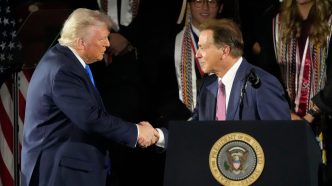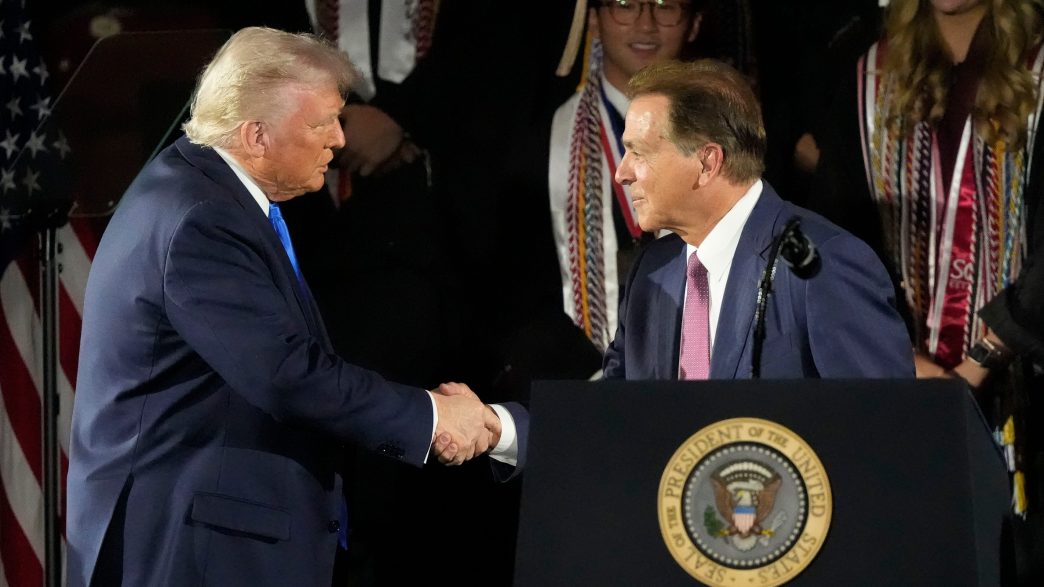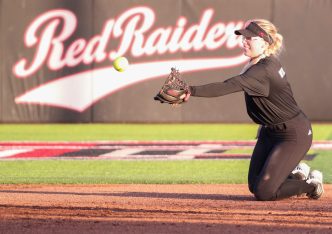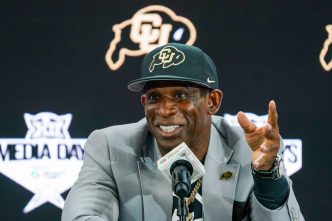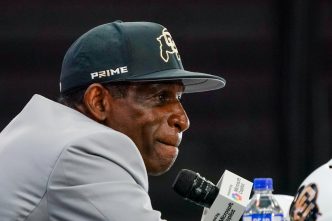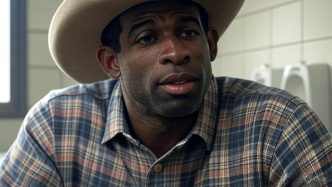In the evolving landscape of college athletics, few topics generate as much buzz as the ongoing debates surrounding name, image, and likeness (NIL) rights for student-athletes. Recently, President Trump has signaled his intent to dive deeper into the college sports realm, reportedly working on a new executive order that aims to create a national standard for NIL deals. This move is a reflection of the increasing pressure on lawmakers to address compensation rights within this multifaceted domain.
With the proposed SCORE Act—the Student Compensation and Opportunity through Rights and Endorsements—gaining traction in Congress, the conversation is heating up. The ambition of the SCORE Act is clear: to safeguard the name, image, and likeness rights of student-athletes, thereby promoting fair compensation as it pertains to intercollegiate athletics. However, the bill isn’t without its detractors. Critics argue that it has the potential to reinstate NCAA authority—a concern echoed by many stakeholders who have witnessed a gradual shift of power toward the athletes themselves through various court battles.
U.S. Senator Maria Cantwell from Washington weighed in, suggesting that the SCORE Act is far from a harmless proposition. She likened it to “the National Championship of all heists,” indicating that the legislation could serve the interests of the two largest conferences at the expense of players, coaches, and smaller institutions. This sentiment underscores a broader unease within the athletic community regarding the preservation of athlete rights.
Adding another layer to this discourse, the AFL-CIO, one of the largest labor unions in the U.S., has publicly opposed the SCORE Act, labeling it a detrimental deal for athletes. Their statement highlights the organization’s belief that the bill would grant unchecked power back to the NCAA while simultaneously limiting athletes’ earnings and undermining their bargaining power. This is a crucial point, as the dynamics of NIL rights continue to evolve, with many advocates pushing for greater autonomy for student-athletes.
In the backdrop of these developments, the NCAA has faced diminishing enforcement authority over the last few years. Lawmakers from both sides of the aisle have expressed a desire for reform, suggesting a possible shift in the balance of power away from the NCAA toward the athletes themselves. The emerging discussions hint at a potential movement toward unionization among student-athletes, a prospect that many view with skepticism.
Interestingly, the concept of forming unions among student-athletes encounters significant resistance from both the public and political figures. Many Americans appear wary of unions, often preferring to restore power to the NCAA rather than allow athletes to forge a stronger collective voice. As these discussions unfold, it’s clear that the landscape of college sports is on the verge of significant change, and how these negotiations pan out will undoubtedly shape the future of athletics at the collegiate level. It’s a fascinating time to be involved in college sports, as all eyes are on the interplay between legislation, athlete rights, and institutional power.

